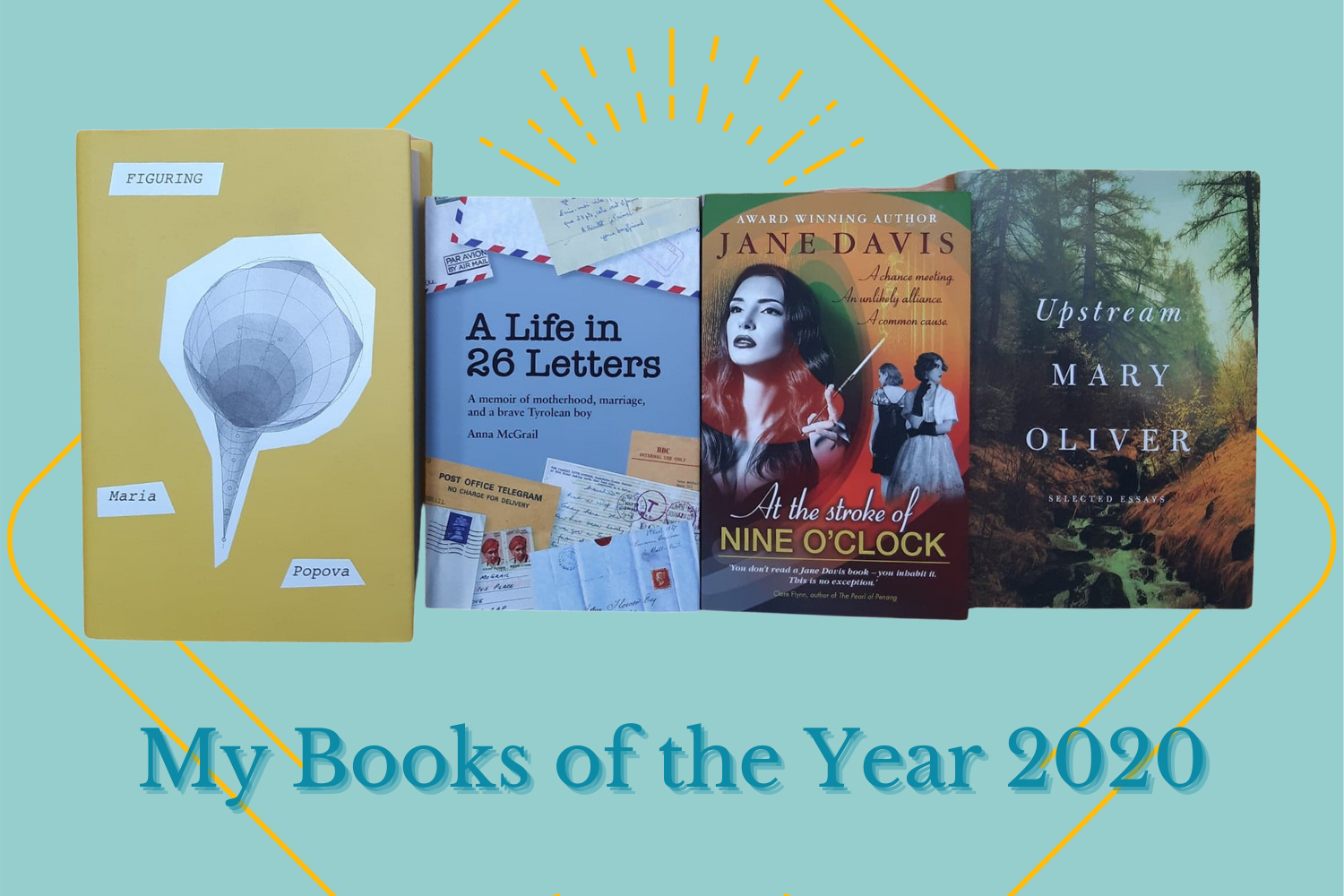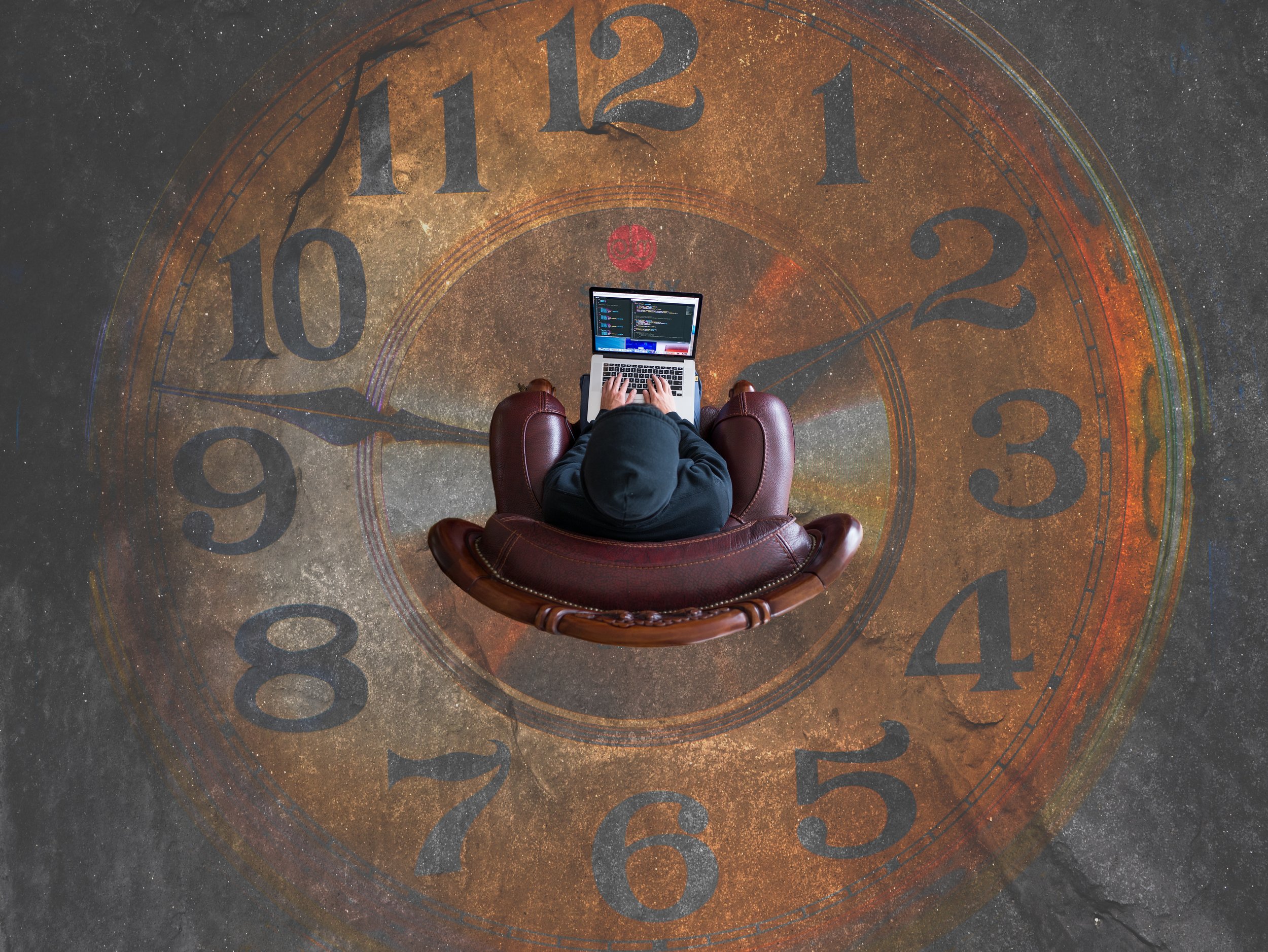Reviewing the books I’ve read over the course of the year has thrown up some interesting revelations, the main one being that (discounting the 1.2 million words of editing and appraisal for editorial clients) a third of my reading has been fiction and two thirds non-fiction, which is a trend I’ve noticed over the past few years. Fiction has played such an important part in my life: it has been an entertainment, distraction, comfort and escape. So why am I not such an addict these days?
Maybe it takes a lot for me to feel that huge excitement - the excitement of discovery. So many books are fine. Just that: fine. They do the job. They don’t reinvent the wheel. Which is also fine. The wheel is a necessity and reinventing it is not. But, well, often the response when reading or finishing is a tepid meh. There are books which are competent. Books I don’t dislike but which haven’t dazzled me in terms of language, plot or approach. I think I may have been around the block just too many times.
This is not to say there were no enjoyable reads! Examples were Summerwater by Sarah Moss, The Terror by Dan Simmons, Blood Rose Angel by Liza Perrat, Hidden by Linda Gillard, How Icasia Bloom Found Happiness by Jessica Bell, I Remember Nothing and Other Reflections by Nora Ephron and A Theatre for Dreamers by Polly Samson. The to-be-read pile didn’t shrink either, so 2002 won’t lack for reading material!
Why so many non-fic reads? Well, quite a number were for research for the book I’m writing. Some of these overlapped with reading I would have done anyway in a year where I was pretty obsessed with pain and the mind-body interface. Books like Katherine May’s Wintering. I read books about breathing and resting and overcoming pain, about brainpower and memory, about escape and ageing and education and race. I read autobiographical quests for identity and meaning. All of these topics spoke to me and some of these books will stay with me for the rest of my life. Highlights included Bluestockings by Jane Robinson, Remembering by Lisa Genova, a re-read of How to Live - A Life of Montaigne in One Question and Twenty Attempts at an Answer by Sarah Bakewell and Why I’m No Longer Talking to White People about Race by Reni Eddo-Lodge.
It was, of course, difficult to pick the top reads and I don’t want to settle on just one, that’s for sure, so here are my favourites, against strong competition.
Carol Cooper: The Girls from Alexandria. This novel was a lyrical feast spiced with wit and memory. It transported me to Alexandria in the 1950s, casting a sensory spell.
Bernardine Evaristo: Girl, Woman, Other. This was a deserving Booker Prize winner (and, may I say, should not have had to settle for being a joint Booker winner, either). An extraordinary range of voice and experience, a revelation. Verve.
Clare Chambers: Small Pleasures. Non-operatic, quiet, beautifully observed, poignant, tragi-comic. A gem as fine as those one of her characters works with.
Natalie Haynes: A Thousand Ships. There is a vogue these days for Greek mythology recast as fiction. I loved Madeline Miller’s Song of Achilles some years back and Pat Barker’s The Silence of the Girls last year. This novel gives voice to the women of the fall of Troy and does so with exquisite changes of voice and perception.
Bessel van der Kolk: The Body Keeps the Score. A densely informative and often shattering exploration of how trauma takes root in our physiology, often without our recognising what it is doing to us over the decades.
Susan Cain: Quiet. As an introvert, but one who can play to the gallery when I need to, I found this book echoed many of my thoughts about a world that favours extroversion. Introverts the world over can reassured: it’s OK - it’s more than OK - to be an introvert.
Bernardine Evaristo: Manifesto. Yes, Bernardine again, with a frank and pointed journey through her familial, emotional and creative life, against the backdrop of a society not on that keen on people like her finding their independent place within it. Inspiring - again.
Caroline Criado Perez: Invisible Women. I lived through feminism’s second wave and thought we had it all sorted. We don’t. Her thesis is that there is bias, often unconscious, in the data that help to form aspects of our daily lives, from dosages of medicine to the safety of cars to the electoral and educational systems. Revelations to stop you in your tracks.
Rachel Clarke: Dear Life. Trust the title. In the midst of illness and death, this doctor, who has since written just as powerfully about the pandemic, describes how she found her path to palliative medicine and how the joy and worth of life shines through, no matter what. I defy you to read this and not shed tears. Her work should be obligatory reading, along with the two previous books I’ve mentioned, for every politician of whatever party.



























